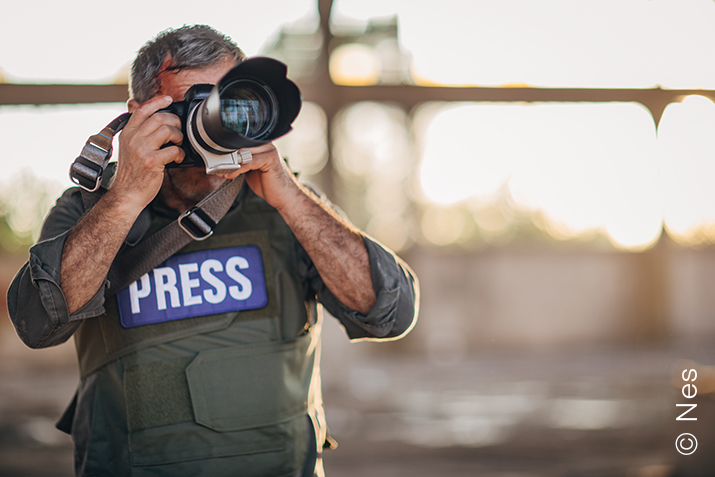SEMINAR AT THE BELL ON THE REVOLT IN IRAN
«A free press is not a privilege but a necessity for any population». Thomas Jefferson, born in 1743, had clear ideas. In 2026 two centuries will have passed since his death, a period that was still not enough to get the concept across. He and the other giants portrayed on Mount Rushmore, gentlemen like George Washington, Abraham Lincoln and Theodore Roosevelt, will still have to wait with their gaze stretched towards the horizon. At this moment in time the right to independent information is a mirage for most countries in the world.
Generally, in a democracy you can write and say what you want, maybe certain news is spread less than others, some newspapers are particularly partial, but they don't arrest you for «dissemination of false news and disturbance of public order» as happened to Mahmoud Hussein in Egypt or for having «caused disputes and disturbed public order» as in the case of the Chinese Zhang Zhan, guilty of reporting on the Covid-19 pandemic in Wuhan. "Public order" is never lacking in these cases.
The problem is that democracies are in a clear minority on the planet. There are currently 193 countries that have joined the UN. According to the index elaborated by the Economist Intelligence Unit, there are just over 20 «complete democracies» and around fifty «imperfect» ones. Given the natural fickleness of human beings, numbers change continuously. However, it can be said with certainty that large areas of the planet are governed by non-democratic regimes, even when they define themselves otherwise.
One of these is Belarus, a presidential republic, where Aljaksandr Lukašėnka has ruled continuously since 1994. The last time he was re-elected in 2020 polls gave him close to 20 percent of the vote, while after counting it emerged that he had instead obtained approximately 80 percent of the vote. The opposite happened to his main opponent, Svjatlana Cichanoûskaja, who seemed to be around 65 percent and instead stopped at just over 10. Immediately afterwards she had to leave the country to avoid disturbing "public order” and getting arrested. Many journalists and others working in the media in the country are in exile with her. And the Council of Europe has dedicated a workshop to these to examine initiatives aimed at strengthening support for the diaspora. This is the first of the many activities agreed within the framework of the "Contact Group" set up to develop cooperation between Strasbourg and the forces in exile, the only ones that can guarantee a democratic transition and the consequent freedom of information. Thomas Jefferson waits on the mountain.







